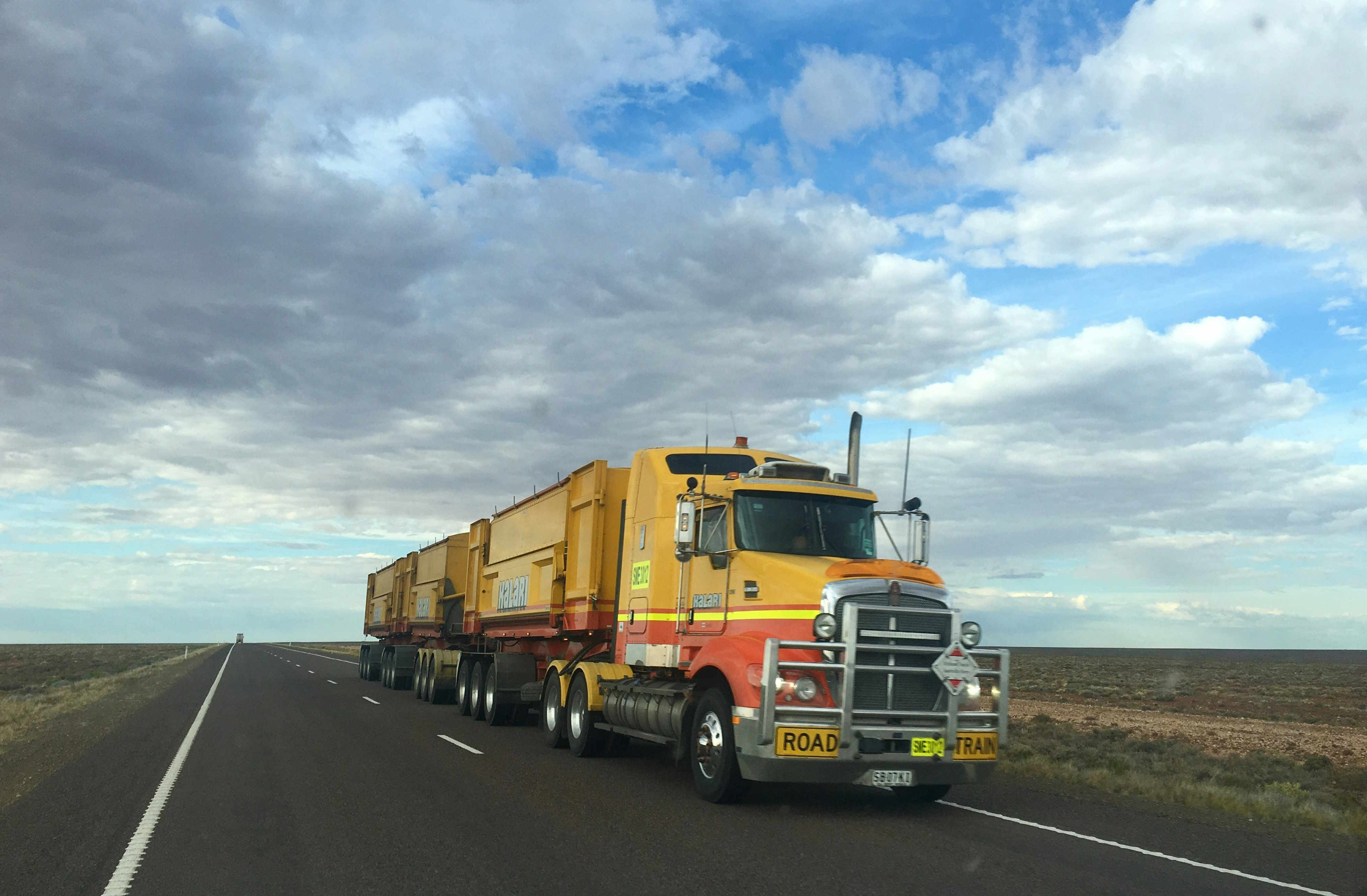Trailer Rental Services for Every Transportation Need
Trailer rental services provide short- or long-term access to equipment for hauling goods, vehicles, or materials. Options range from utility trailers to enclosed and flatbed designs, catering to diverse transportation needs in personal and commercial use.

What Are Trailer Rental Services?
Trailer rental services encompass businesses that provide temporary access to different types of trailers for hauling cargo, vehicles, or equipment. These services typically offer utility trailers, enclosed trailers, car haulers, equipment trailers, and specialized hauling solutions. Most rental companies maintain fleets of well-maintained trailers in various sizes, from small utility trailers suitable for home improvement projects to large enclosed trailers capable of moving entire households. The rental process usually involves selecting the appropriate trailer size and type, completing necessary paperwork, and receiving instructions on proper loading and towing procedures.
How to Choose the Right Renting Trailers Option
Selecting appropriate renting trailers requires careful consideration of your cargo specifications, towing vehicle capabilities, and intended use duration. Start by measuring and weighing your intended cargo to determine the minimum trailer size and weight capacity needed. Consider whether you need an open utility trailer for construction materials or an enclosed trailer for weather protection. Verify that your towing vehicle can safely handle the trailer’s empty weight plus your cargo load, checking both the gross vehicle weight rating and tongue weight specifications. Additionally, confirm you have the proper hitch setup and electrical connections for trailer lights and brakes.
Comprehensive Trailer Rental Services Guide
A thorough trailer rental services guide should cover the rental process from initial inquiry through trailer return. Begin by researching local rental providers and comparing their available inventory, pricing structures, and rental terms. Most companies require valid driver’s licenses, proof of insurance, and sometimes additional documentation for larger trailers. Rental periods typically range from hourly to monthly options, with daily rates being most common for personal use. Understanding pickup and return procedures, damage policies, and late fee structures helps avoid unexpected charges. Many providers offer delivery services for an additional fee, which can be convenient for customers without suitable towing vehicles.
Safety Considerations and Legal Requirements
Trailer rental safety involves understanding proper loading techniques, weight distribution principles, and towing regulations. Most states require trailers over certain weights to have functioning brake systems and proper lighting. Rental companies typically provide basic safety orientations covering trailer hookup procedures, electrical connections, and loading guidelines. Proper weight distribution places approximately 10-15% of the total trailer weight on the tongue, ensuring stable towing characteristics. Always secure cargo with appropriate tie-downs or straps, and verify that your cargo doesn’t exceed the trailer’s rated capacity or your vehicle’s towing limits.
Popular Providers and Pricing Comparison
Several national and regional companies dominate the trailer rental market, each offering different advantages and pricing structures. Understanding typical costs helps budget for your rental needs effectively.
| Provider | Trailer Type | Daily Rate Estimate |
|---|---|---|
| U-Haul | 6x12 Cargo Trailer | $29.95 - $39.95 |
| Home Depot | 6x12 Utility Trailer | $34.00 - $44.00 |
| Lowe’s | 6x12 Enclosed Trailer | $35.00 - $45.00 |
| Enterprise | Car Hauler Trailer | $45.00 - $65.00 |
| Budget Truck | Equipment Trailer | $40.00 - $60.00 |
Prices, rates, or cost estimates mentioned in this article are based on the latest available information but may change over time. Independent research is advised before making financial decisions.
Tips for a Successful Rental Experience
Maximizing your trailer rental experience involves proper preparation and attention to detail throughout the process. Inspect the trailer thoroughly before accepting it, documenting any existing damage with photos or written notes. Familiarize yourself with the trailer’s specific features, including ramp operation for equipment trailers or door mechanisms for enclosed units. Practice maneuvering and backing up in a safe area before heading to your destination, as trailers significantly affect vehicle handling characteristics. Plan your route considering trailer height and weight restrictions, avoiding low bridges or weight-limited roads that could cause problems during transport.
Trailer rental services provide valuable solutions for temporary hauling needs across residential and commercial applications. Success with trailer rentals depends on choosing appropriate equipment for your specific requirements, understanding safety protocols, and working with reputable providers who maintain quality equipment and clear rental terms. Whether you need a simple utility trailer for a weekend project or a large enclosed trailer for a major move, the variety of available options ensures suitable solutions for most transportation challenges.




